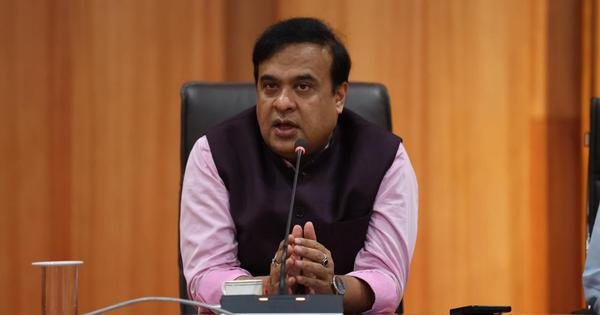Assam Cabinet Drops Cases for Koch Rajbongshi Community
A Move Towards Equality and Justice

In a major development, the Assam Cabinet has decided to withdraw 28,000 cases against members of the Koch Rajbongshi community in the state’s foreigners tribunals. This announcement was made by Chief Minister Himanta Biswa Sarma, who highlighted the significant contribution of the Koch Rajbongshi community to Assam’s heritage.
Understanding Foreigners Tribunals in Assam
Foreigners tribunals in Assam are quasi-judicial bodies responsible for determining citizenship matters. There are currently 100 such tribunals in the state. Individuals excluded from the National Register of Citizens (NRC) for Assam or marked as “doubtful” citizens can appeal to these tribunals.
National Register of Citizens
Assam released the NRC on August 31, 2019, with the goal of distinguishing Indian citizens from undocumented immigrants residing in the state. To be included in the list, residents had to prove that they or their ancestors had entered Assam before midnight on March 24, 1971.
- Over 19 lakh people were excluded from the final list.
- As of December 31, 2023, 96,149 cases were pending before the state’s foreigners tribunals.
Case Withdrawals
The Chief Minister emphasized that the Koch Rajbongshi community is an essential part of Assam’s culture. Consequently, the state government has decided to withdraw these cases. The Bharatiya Janata Party leader also mentioned that they will no longer be considered “doubtful” or “D” voters.
In 2021, the state government offered similar relief to 22,000 members of the Gurkha community.
Pursuit of Scheduled Tribe Status
The Koch Rajbongshi community, along with five others in the state, are seeking Scheduled Tribe status – a commitment that the BJP made prior to the 2014 Lok Sabha elections.
Citizenship Amendment Act
This decision to drop cases against them comes after the Assam government instructed the state’s border police not to forward cases of non-Muslims who entered India illegally before 2014 to foreigners tribunals. The border police were advised to direct such applicants to apply for citizenship through the Citizenship Amendment Act portal, and that their cases would be addressed by the Union government.
In March, the Assam government reported that of the 39 applicants under the Act, only two have been granted Indian citizenship so far.



